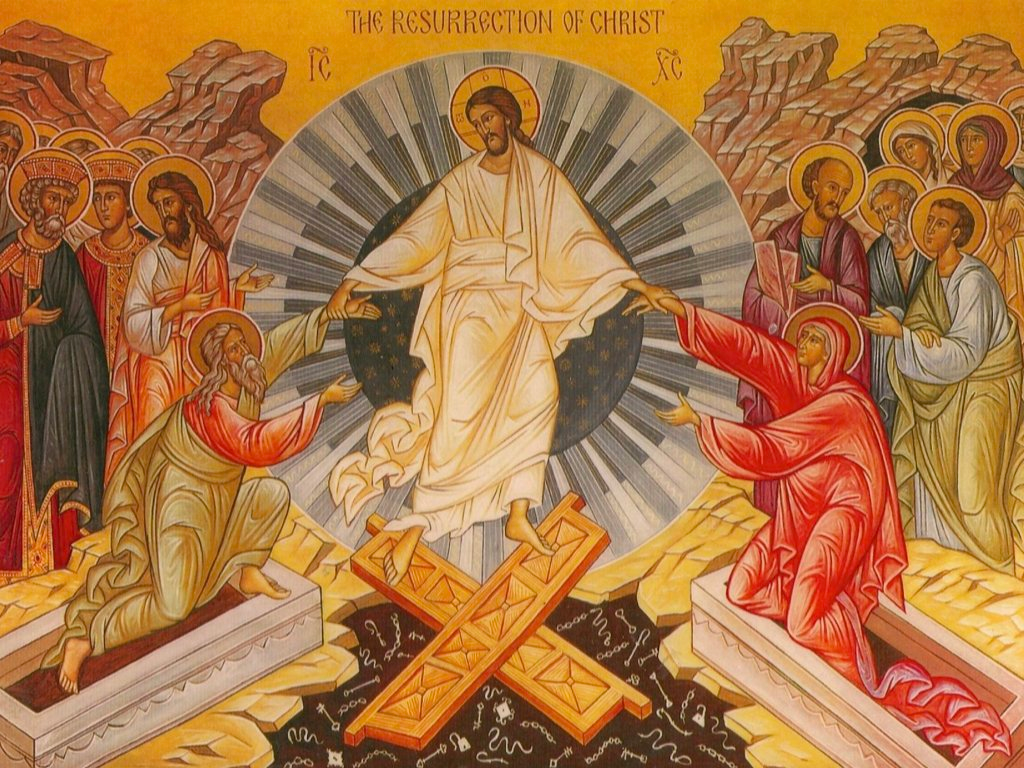PASTORAL LEADER
YOUR ROLE
You’re not organizing meetings, leading the group, nor the one most in relationship with the Releasing Friend coming home from prison. Your role as a pastor in the Parish Team is to stand one step back from group and bring four of your greatest gifts as a pastor to this team of your congregants:
PASTORAL CARE
You have the eyes and experience to bring pastoral care to your team of congregants on this journey. Some tricky situations will come up, which you can address with seasoned love. Deeper issues within your congregants will likely emerge, and if you’re one step back, you can attend to the unhealed wounds or bigger questions that Christ brings to light.
SPIRITUAL FORMATION
Your team will likely react to the many relational challenges with common defense mechanisms: fear, avoidance, control, distance, disapproval, micromanaging, etc. You can help steer the team’s concerns, discussions, and reflections back to what Christ may be doing in us through all this.
Remember that this is less about ensuring a “successful reentry” for your releasing brother/sister, or a “successful” group project. Rather, this is a larger opportunity for discipleship—to point your congregants toward following Jesus in a tangible way together.
Look for moments where a team member’s “underground” is coming up—a stated fear, a more vague and oversized anxiety, maybe veiled anger, or an aggressive need to control, correct, fix, or rescue. Ask questions that help the person and group pause and reflect on what’s beneath the surface—what Christ may be “resurrecting” from their personal underground. Stories of past hurts might be revealed and become an opportunity for healing and kinship. Or a deeper worldview may rise that can be brought to reckon with Christ’s Kingdom.
If this goes well, if everybody leans in together, you may find moments for discipleship, pastoral care, and deeper spiritual formation.
INTEGRATION WITH THE WIDER PARISH
With such a discipling potential in mind, don’t waste this opportunity. Be thinking about ways to keep this growing story of relationship with your incarcerated brother/sister—and all that the team is learning—in front of the entire congregation.
This relationship with someone in prison is a gift to be shared with the church. While there are seven or so parishioners on your Parish Team, you can help spread the goodness, energy, ongoing story, and challenge of this resurrection work.
How can you regularly loop the congregation into this church-wide journey?
Here are some ideas:
If you haven’t already, share both our “Practice Resurrection” (5 min) and “One Parish One Prisoner” (7 min) videos with your congregation during different worship services, sharing the larger picture of the journey your church has begun.
Integrate a commissioning service into worship soon: where your Parish Team is blessed by leadership into this journey as delegated ambassadors of the parish’s love in Christ.
With permission, bring fresh, short announcements to the congregation each week/month about your incarcerated brother/sister’s upcoming release, transfer of prison, prayer requests, challenge ahead, update after a prison visit.
Some parishes have monthly “readings from the epistles of ______”. Your team can pick a selection from your incarcerated friend’s letters each month and—with his/her permission—share with your congregation. What a beautiful way to lift up the modern day prison letters of God’s people!
Team members can offer short testimony each month: not on the “program,” but sharing their own joy, struggle, prayer, and transformations.
Think with your team about congregation-wide book readings or documentary movie nights to learn about the criminal justice system, mass incarceration, themes of captivity and liberation in the Bible.
PREACHING
Some issues will come up that you can only preach your way into.
The core, radical movements of our faith—grace, forgiveness, atonement, embrace of the foreigner, loving our enemies, plank in our own eye, death, sin, resurrection—are easy to think we know as church people in Bible studies and pews. But someone coming home from prison will trigger all the unconverted parts in your congregation’s hearts. That is, parts of their worldview, priorities, or even past wounds, that are not seeking God’s heart. Listen for the fears, murmurings, biases that arise in the congregation.
This is an opportunity to listen well and reframe the conversation, returning to the Gospel with fresh need and relevance!
Advent: A liturgical season about waiting for an anticipated arrival. One that arrives in humble, stressful, non-ideal circumstances. This experience of relationship with a returning prisoner offers endless reflection on new struggles with hope, recognizing what God is doing in unlikely and uncomfortable settings.
Lent: This season begins with facing our fears. Ash Wednesday should help Christians face our death, the foundation of so many fears. It’s then a season of embracing limits on our desires, freedoms, appetites—something the incarcerated have experienced aplenty. It’s a season of introspection, honest self-evaluation. How can you invite the congregation to enter into these disciplines in solidarity (kinship) with the incarcerated—and specifically your incarcerated friend? Share stories to inspire everyone to reckon with how they’ve hurt others and what they may need to let go of.
Holy Week / The Passion: It’s a story of betrayal, arrest, a corrupt court process, community shouting for the death penalty, and God-in-the-flesh being executed by the state with the church’s help. How can you help your congregation feel anew on how the Holy Week drama mirrors our religious participation with systems of arrest, torture, removal, enslavement, and death?
Easter: This entire journey in One Parish One Prisoner is about practicing resurrection! Tell the Lazarus story, how Christ’s resurrection is the ultimate inauguration of a “resurrection people”—who continue today going to the places where we’ve buried our community members, where Jesus is weeping and bringing new life to those “inside the tombs,” and how we get to roll away the stones! This is the year to make Easter all about what God’s doing in your church through this reentry journey.
PREACH THE LECTIONARY?
Our friends at Christians for Abolition of Prisons have created a brilliant Lectionary resource: short thoughts on how each upcoming week’s Lectionary readings are invitations into God’s larger work of setting the captives free through all history and creation.
Our friends at Street Psalms have been building lectionary resources for pastors based on an ethic of Jesus as the Forgiving Victim.
Check out their pages and subscribe for free reflections.
Tell us how you’re experimenting with preaching! chris@undergroundministries.org




